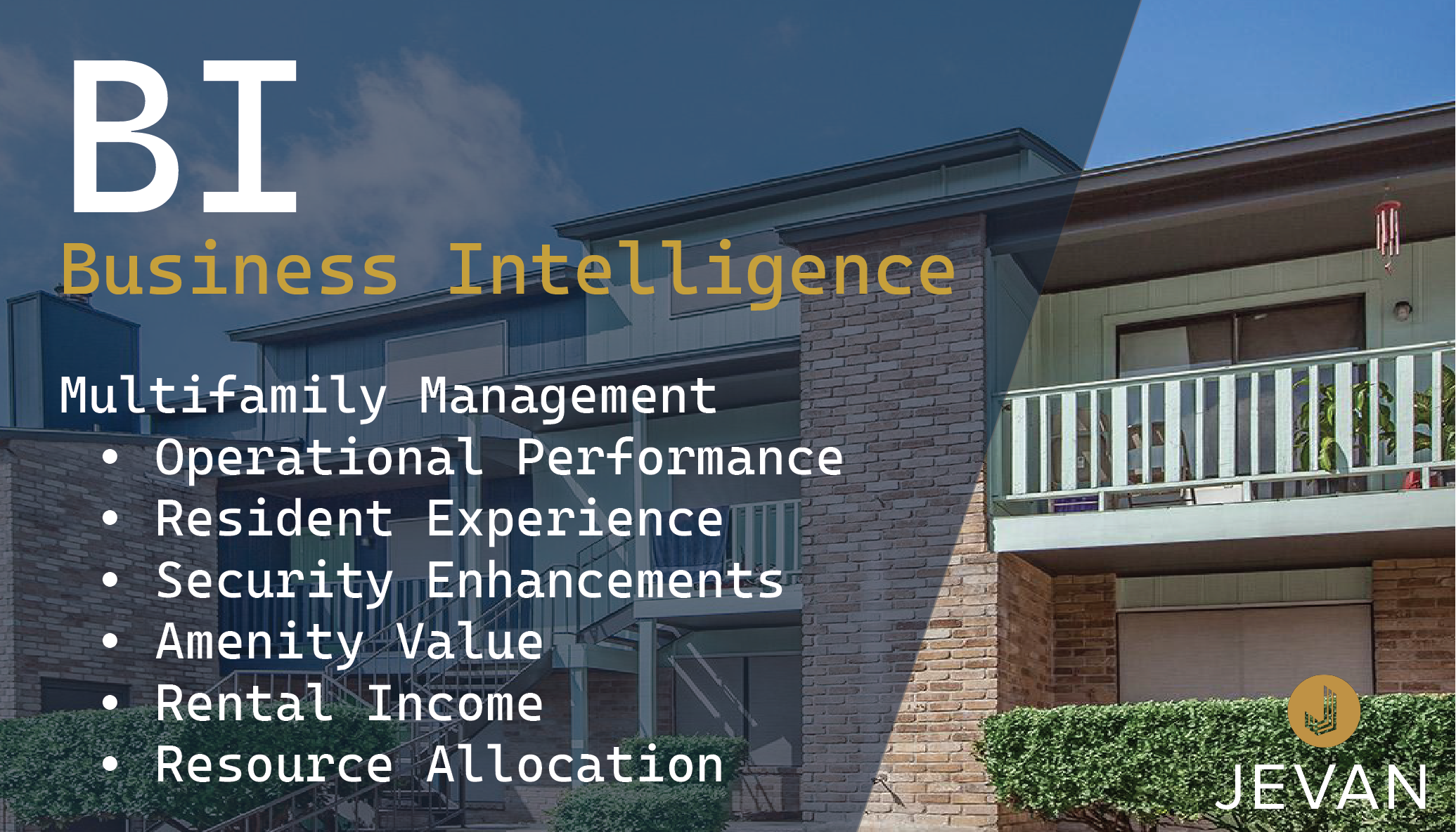
Key Takeaways:
- Artificial Intelligence (AI) vs. Business Intelligence (BI):
AI utilizes data to simulate human intelligence, enabling computers to learn, reason, and autonomously solve problems. In contrast, BI analyzes historical data to assist humans in making informed decisions.
- Benefits for Multifamily Properties:
BI optimizes multifamily property functions by utilizing access control data. This includes user behavior analysis, enhancing operational efficiency, detecting security threats, allocating resources, improving tenant satisfaction, and analyzing amenity value.
- Data-Driven Insights:
BI tools are essential for transforming raw data into actionable insights, leading to enhanced operational efficiency, improved security, increased rental income, and better resident experiences.
- The Power of Data Utilization:
The true strength lies not only in technology but also in intelligent data utilization for successful decision-making in property management. This highlights the potential unlocked by leveraging BI in multifamily properties.

Artificial Intelligence (AI) vs. Business Intelligence (BI):
Purpose:
- BI primarily focuses on analyzing historical data to help businesses make informed decisions. It involves collecting, structuring, and visualizing data to generate reports, dashboards, and insights.
- AI, on the other hand, involves creating systems that can simulate human intelligence. It encompasses a broader range of technologies that enable machines to learn, reason, and solve problems autonomously.
Scope:
- BI typically deals with structured data and employs analytics tools to uncover trends, patterns, and historical performance metrics.
- AI involves various techniques like machine learning, natural language processing, computer vision, and robotics, aiming to mimic cognitive functions like learning, problem-solving, and decision-making.
Decision-making:
- BI provides insights based on historical data to support human decision-making processes. It helps in understanding what happened and why.
- AI systems, particularly those based on machine learning, can make predictions and recommendations by analyzing data patterns. They can automate decision-making processes based on the analyzed data.
Adaptability:
- BI tools are designed for specific analyses and reporting purposes. They might lack the adaptability and learning capabilities found in AI systems.
- AI systems, especially machine learning models, can adapt and improve over time by learning from new data and experiences.
Applications:
- BI is commonly used in areas like sales forecasting, financial analysis, operational efficiency monitoring, and reporting.
- AI finds applications in a wide range of fields, including autonomous vehicles, virtual assistants, fraud detection, healthcare diagnostics, and more, often involving complex decision-making processes.
In essence, BI is about analyzing historical data to gain insights and support human decision-making, while AI involves creating systems that can learn, reason, and make decisions on their own based on data and experiences. While they complement each other in certain aspects, they serve different purposes and employ distinct methodologies in dealing
Business Intelligence (BI) in Multifamily Property Management:
In multifamily property management, Business Intelligence (BI) serves as a pivotal tool for optimizing various aspects of operations and enhancing resident satisfaction.
The implementation of BI strategies encompasses several key areas:
Operational Performance:
Resident Experience:
Security Enhancements:
Amenity Value:
Rental Income:
Resource Allocation:
Overall, Business Intelligence in multifamily property management significantly contributes to operational efficiency, resident satisfaction, security enhancements, increased property value, diversified income streams, and strategic resource allocation.










